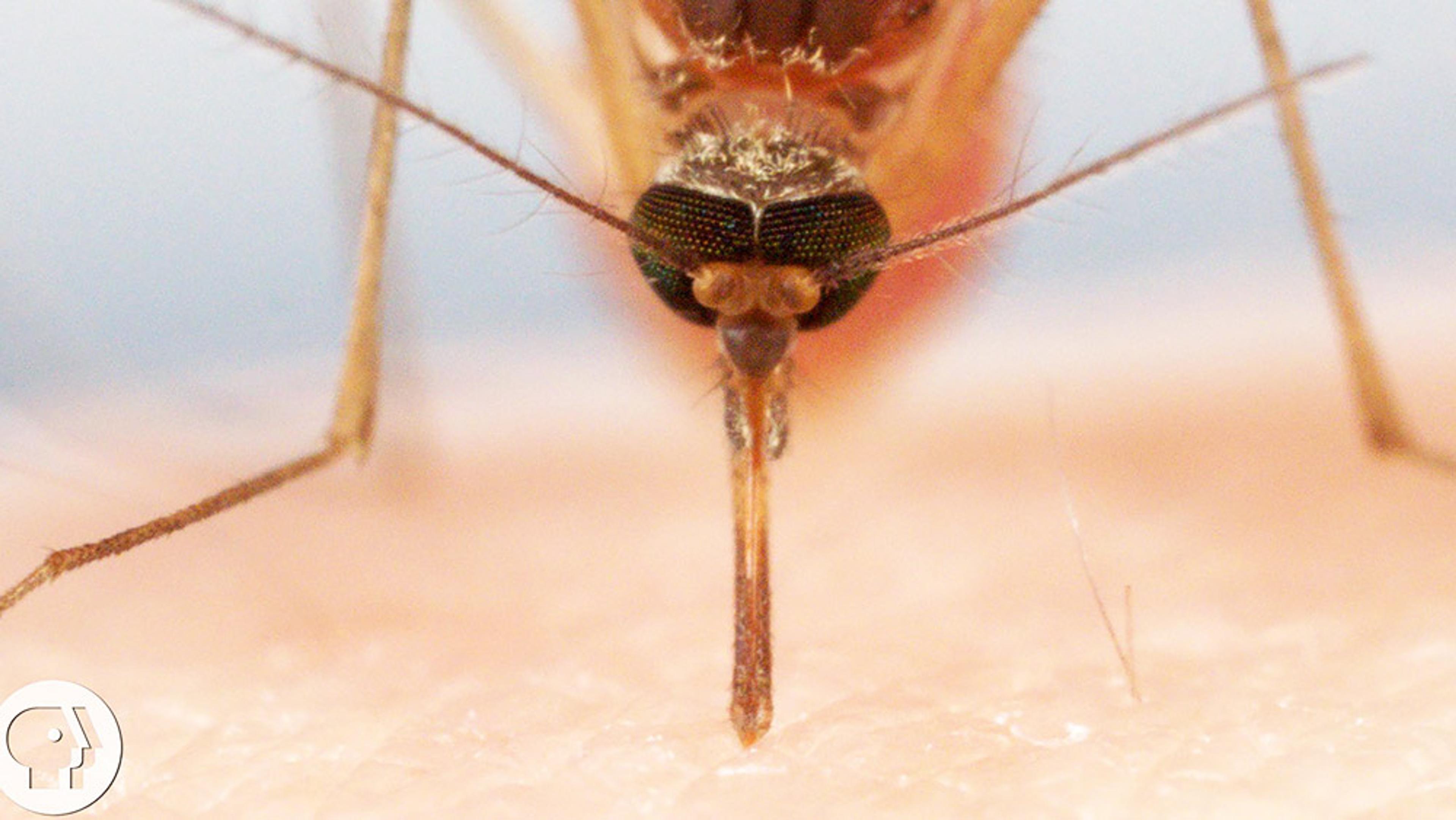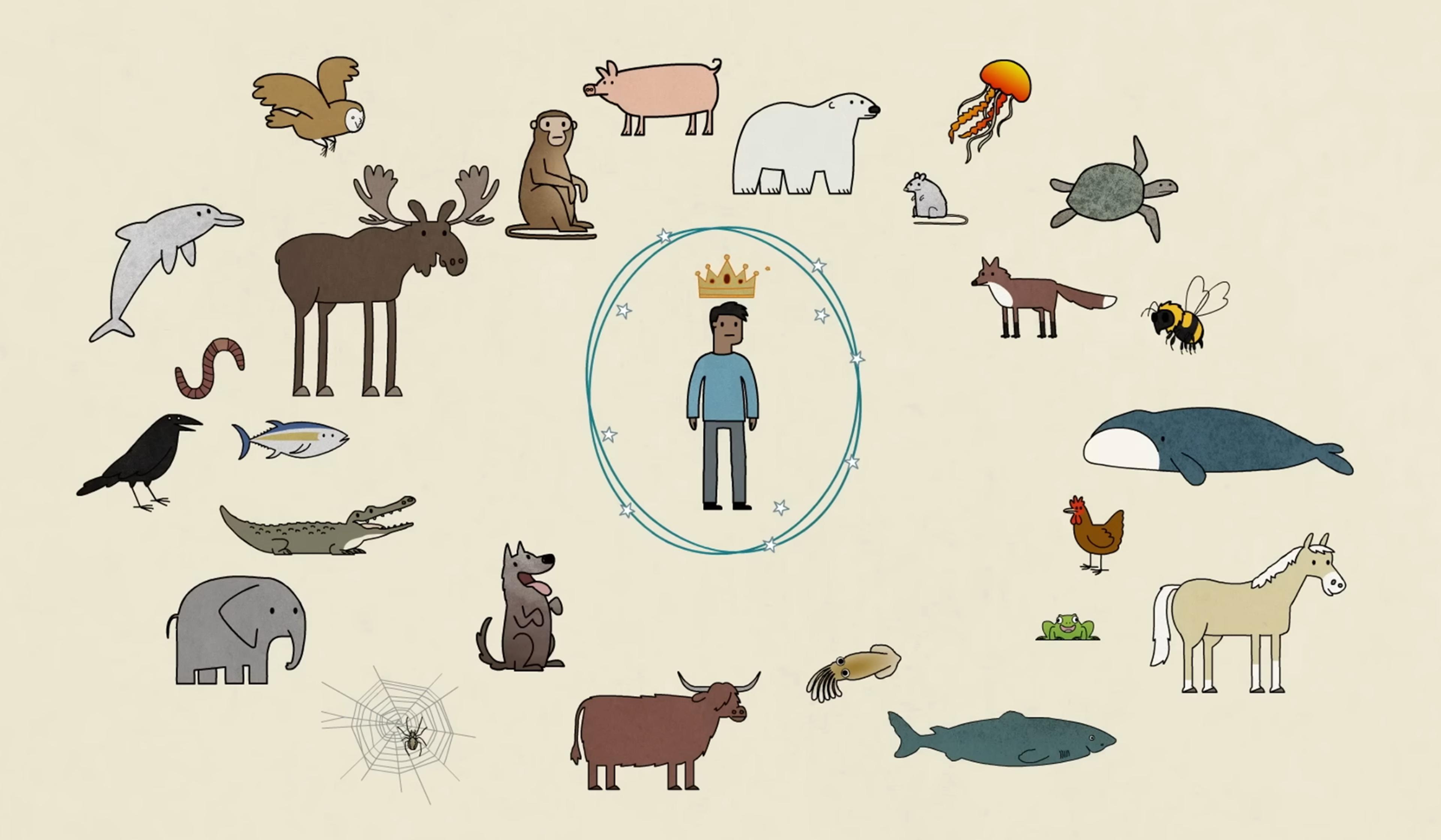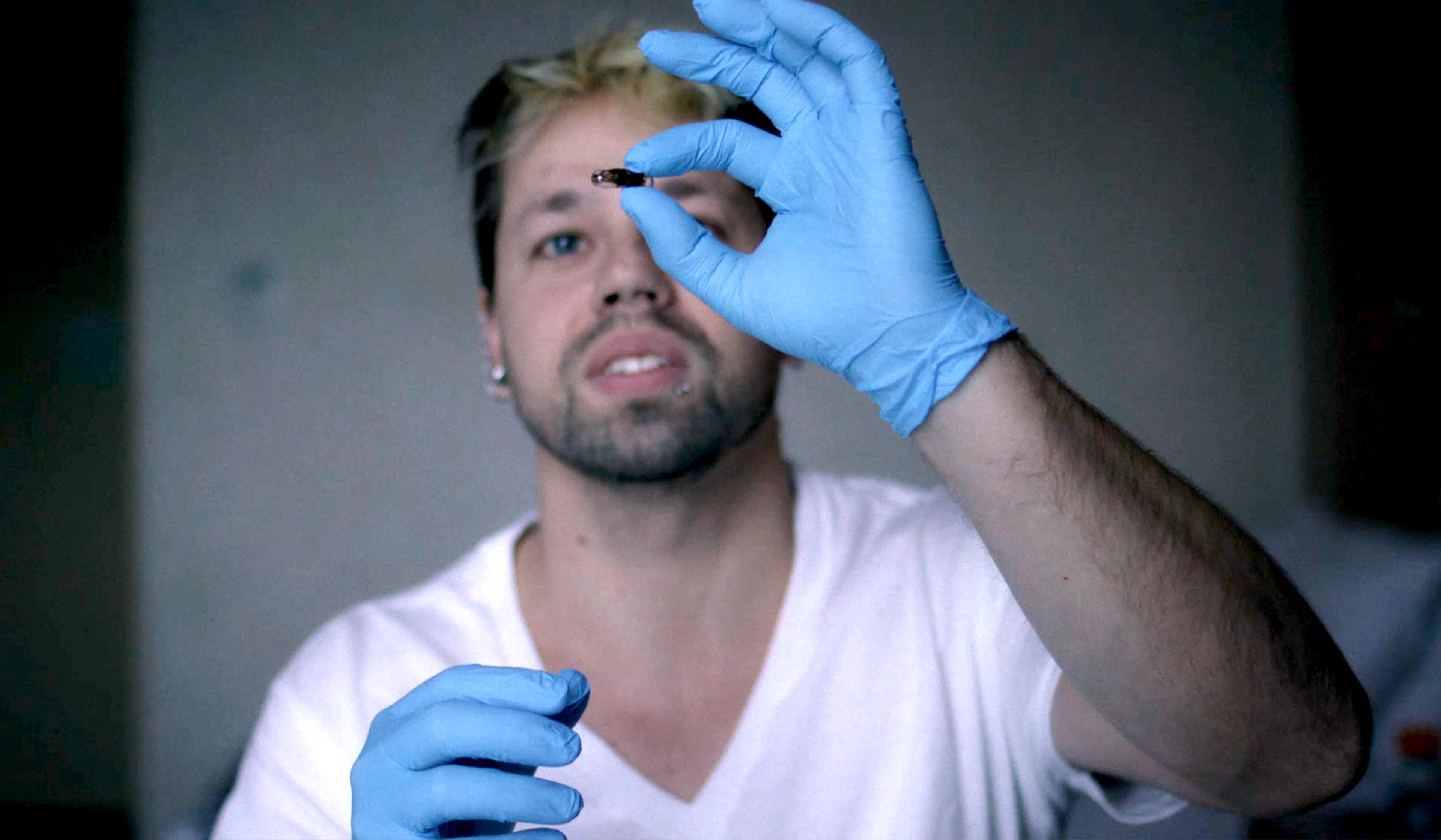For thousands of years before modern science-based medicine became the norm, bloodletting, frequently by leeches, was considered something of a medical cure-all. The treatment’s persistence was at least partially attributable to the Ancient Greek physician Hippocrates’ ‘four humours’ theory of disease, which held that illness was the result of an imbalance of the bodily fluids black bile, yellow bile, phlegm, and blood. With the rise of modern scientific medicine near the end of the 18th century, bloodletting leeches were relegated to the quack cabinet as doctors realised that the practice generally fixed very little, leaving patients weak and vulnerable from blood loss. But as this video from the science and nature documentary series Deep Look shows (in occasionally graphic, ultra-HD detail that is, perhaps, not for the squeamish), medical leeches have made a surprising comeback in hospitals, especially during reconstructive surgeries. Learn more about this video at the KQED Science website.
Once dismissed as quackery, medical leeches are back for blood
Video by KQED Science and PBS Digital Studios
Producer and Writer: Josh Cassidy
Narrator and Writer: Lauren Sommer

videoMedicine
Drinking wine from toxic cups was the 17th century’s own dubious ‘detox’ treatment
11 minutes

videoMedicine
Why surgery and barbering were one occupation in the Middle Ages
6 minutes

videoBioethics
What a 1970 experiment reveals about the possibility and perils of ‘head transplants’
6 minutes

videoEvolution
What makes mosquitoes so good at getting under our skin?
3 minutes

videoBiology
‘Save the parasites’ may not be a popular rallying cry – but it could be a vital one
11 minutes

videoEthics
How many monkeys is it worth sacrificing to save a human life?
6 minutes

videoIllness and disease
Humanity eradicated smallpox 45 years ago. It’s a story worth remembering
25 minutes

videoBiology
When medicine offers no relief, a biohacker begins a radical self-experiment
12 minutes

videoBiology
Blend up a hydra, and its cells will coalesce back into a full creature. How?
5 minutes